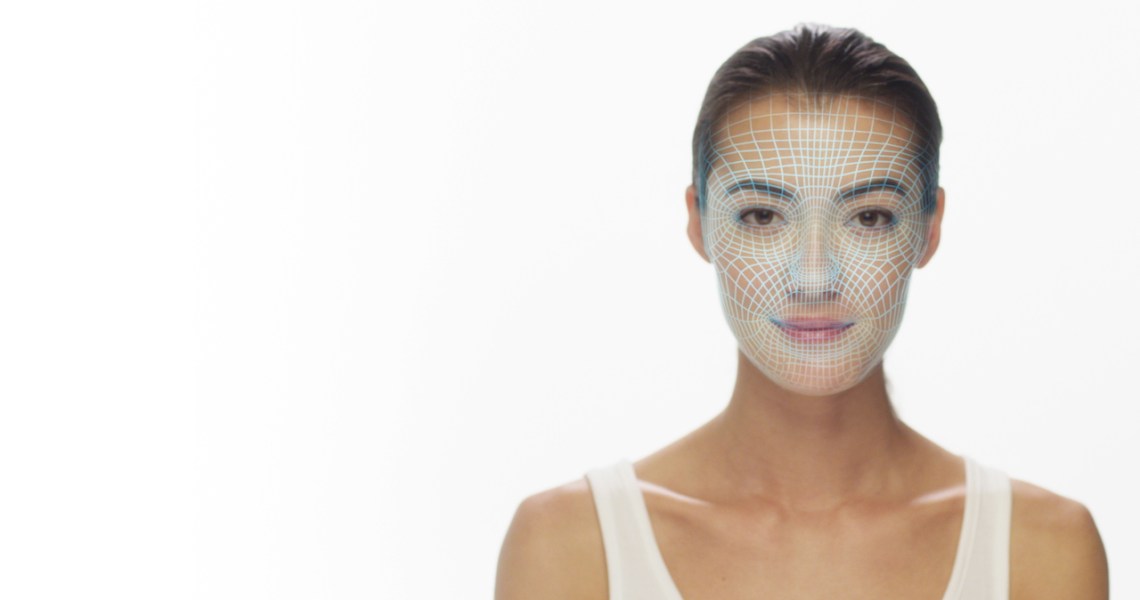Neutrogena is diving deeper into customized beauty with its new 3D-printed sheet mask, called MaskiD, which the mass beauty brand unveiled on Jan. 8 at the Consumer Electronic Show.
Neutrogena’s focus on sheet masks builds upon its recent personalization efforts: In September 2018, the brand began selling its skin analysis camera attachment tool, Neutrogena Skin360 (which can be affixed to an iPhone), for $59.99 on Neutrogena.com. The new MaskiD is meant to be used in conjunction with Skin360 and allows each mask to be tailored with ingredients like Vitamin C or hyaluronic acid in specific areas of the mask. Additionally, a separate MaskiD phone app allows a consumer to upload a selfie that can then be measured to customize the shape of the mask. MaskiD is the latest product the Johnson & Johnson–owned brand has unveiled at CES. (The Skin360 tool launched at the last trade show, in January 2018.)
MaskiD will be available to consumers in the third quarter of 2019 and marketing plans are being finalized, but Neutrogena shared that it plans to launch the product only on Neutrogena.com. This is partially due to technological constraints of customization, said Simon Geraghty, Neutrogena’s director of global sun care and beauty tech. It’s also because the brand wants to “launch, learn and iterate,” he said.
“We have seen [successful] companies take that agile approach, and we want to do that with this product,” said Geraghty. “It gives us that control and ability to start small and scale up.”
Though this might seem to suggest that Neutrogena has larger direct-to-consumer ambitions, the brand does not plan to exit brick-and-mortar stores. In fact, Neutrogena has plans to bring this type of technology into physical retail down the line, said Geraghty. But for launch, the brand wanted to make the experience easier for customers.
“From a consumer-use perspective, this technology is meant to lie in her pocket on her phone. From there, she can provide all the relevant information, order [the mask] and then have it delivered to her,” he said. “Bringing in the brick-and-mortar element is disruptive to that.”
Because the public is now so familiar with sheet masks, Neutrogena considered them the right vehicle to harbor this kind of innovation for Neutrogena. The sheet-mask market is expected to increase from a $267 million in 2017 to $449 million by 2024, according to Zion Market Research. And Neutrogena is not the only brand trying to offer customization in the face-mask space. Indie brands like Loli Beauty and Belle Bar both offer customers the ability to mix masks themselves after selecting raw ingredients, and customized skin-care brand Skin Inc. created its own sheet mask that can be mixed-and-matched. Neutrogena opted to create its personalized sheet mask based off feedback received through Skin360 reviews. Customers of the Skin360 tool remarked that they found the analysis to be interesting, but wanted a tangible product that could put the analysis to use, Geraghty said.
Ad position: web_incontent_pos1
“This allows us to take science and what we know [about skin care] and deliver it to a consumer in a way you couldn’t 10 years ago,” he said.




